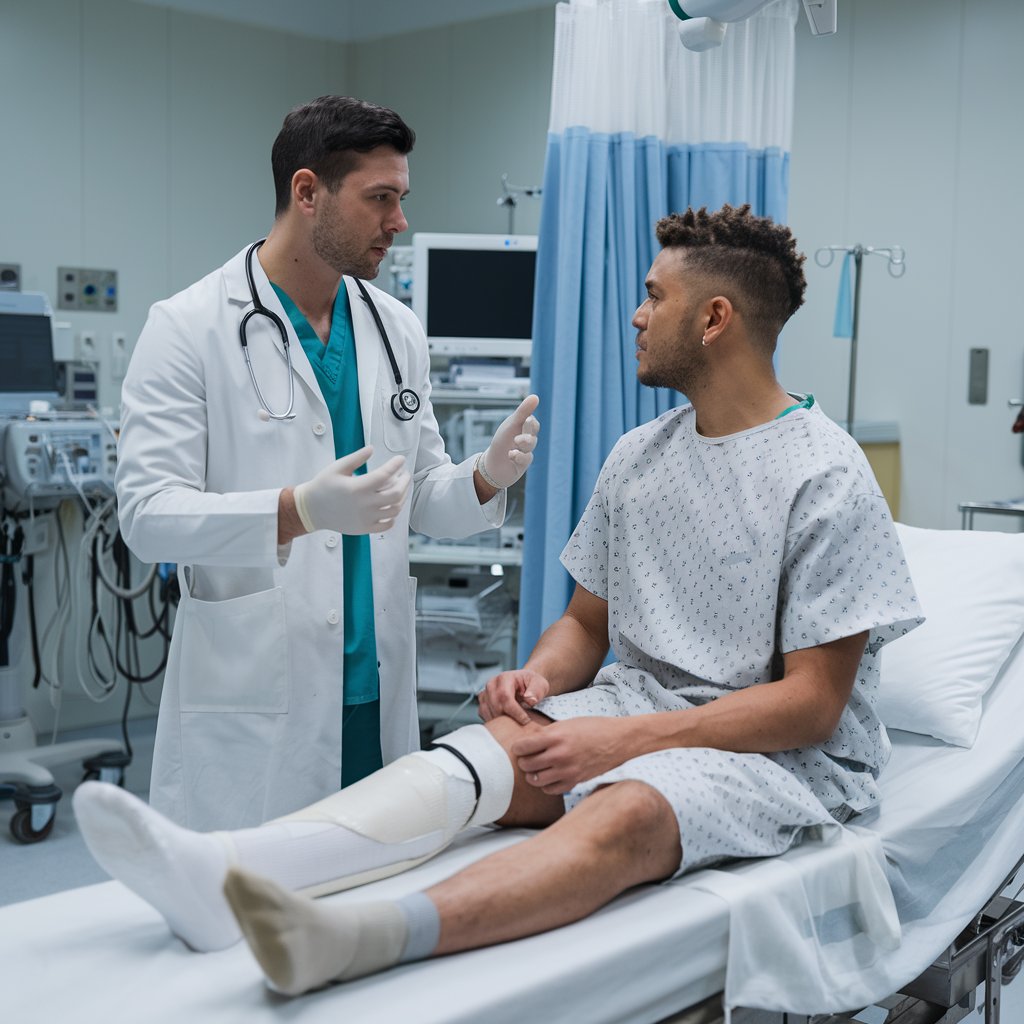
Dr. Sushil Kulkarni is an expert Arthroplasty Surgeon in Pimpri Chinchwad (PCMC), Pune, at Brahm Chaitanya Super Speciality Hospital, who specializes in advanced orthopedic procedures, including arthroplasty.
When joint pain becomes unbearable and affects daily activities, arthroplasty surgery emerges as a life-changing solution. Arthroplasty is a surgical procedure designed to restore joint function by replacing or resurfacing damaged joints, primarily in the hip and knee.
Arthroplasty, commonly known as joint replacement surgery, involves removing the damaged joint surfaces and replacing them with artificial implants made of metal, plastic, or ceramic. The primary goal of this surgery is to reduce pain, restore mobility, and improve the overall quality of life for patients suffering from severe arthritis or joint degeneration.
Patients with severe joint pain and stiffness that do not respond to medication, physical therapy, or lifestyle modifications are ideal candidates for arthroplasty. Common conditions that may require joint replacement surgery include:
Dr. Sushil Kulkarni, expert Arthoplasty surgeon in Pimpri Chinchwad (PCMC), Pune at Brahm Chaitanya Super Speciality Hospital,, is known for his:
If you are experiencing persistent joint pain, consult Dr. Sushil Kulkarni today for an expert opinion on whether arthroplasty is right for you.
Conclusion
Arthroplasty is a transformative procedure that enhances mobility and alleviates chronic joint pain.Dr. Sushil Kulkarni is an expert Arthroplasty Surgeon in Pimpri Chinchwad (PCMC), Pune, at Brahm Chaitanya Super Speciality Hospital you can expect top-tier Arthroplasty treatment. Schedule a consultation today to take the first step towards a pain-free life!
If you suffer from chronic joint pain, stiffness, and limited mobility that does not improve with medication or physical therapy, you may be a candidate for arthroplasty.
Yes, it is a major surgical procedure, but with modern advancements, the risks are minimized, and recovery is faster.
Most implants last 15-20 years, depending on patient activity levels and overall health.
Arthroplasty has a success rate of over 90%, with most patients experiencing significant pain relief and improved mobility.
Basic movements like walking with assistance begin within a few days, but full recovery may take 3-6 months.
Yes, but long-distance travel should be avoided for the first 3-6 months to prevent complications.
Yes, physiotherapy is crucial to restore mobility, strengthen muscles, and prevent stiffness.